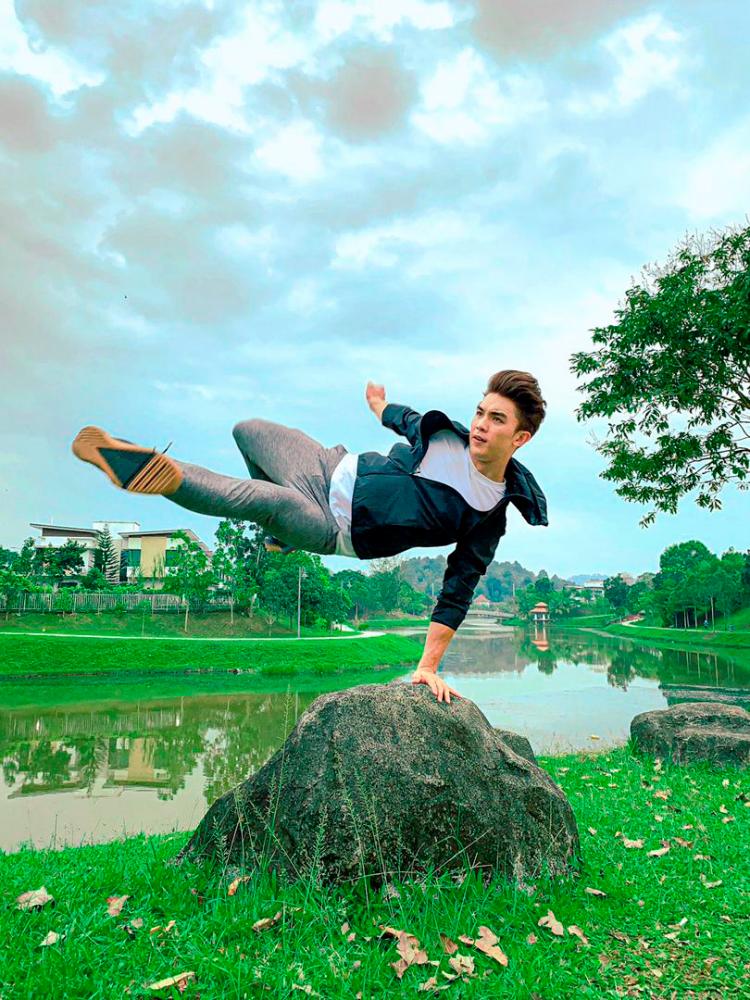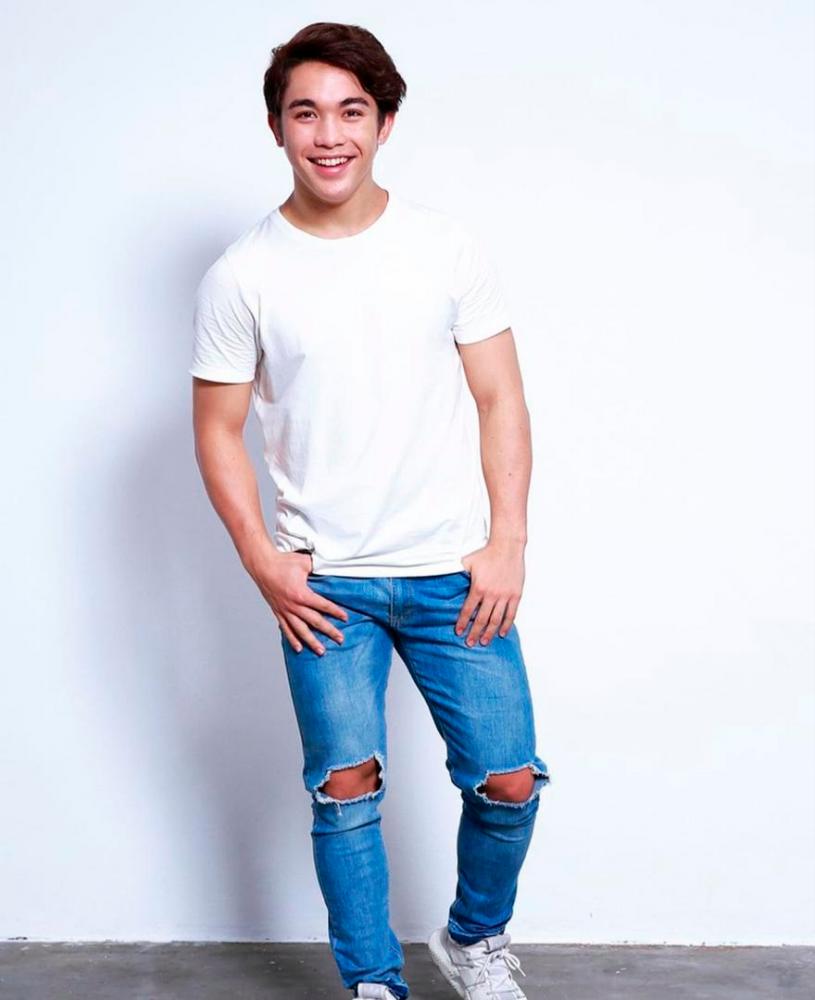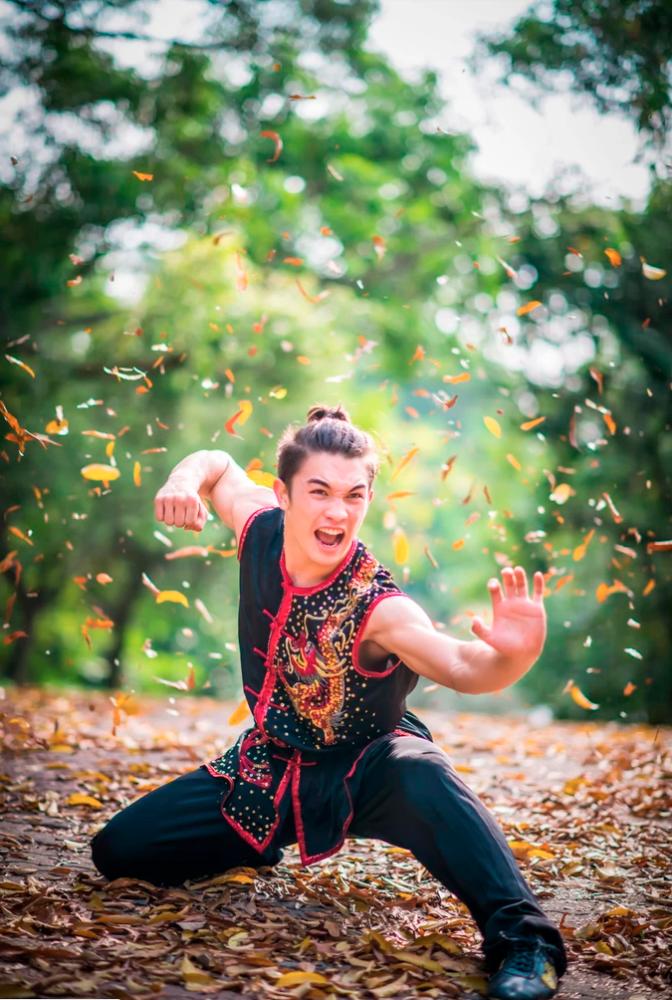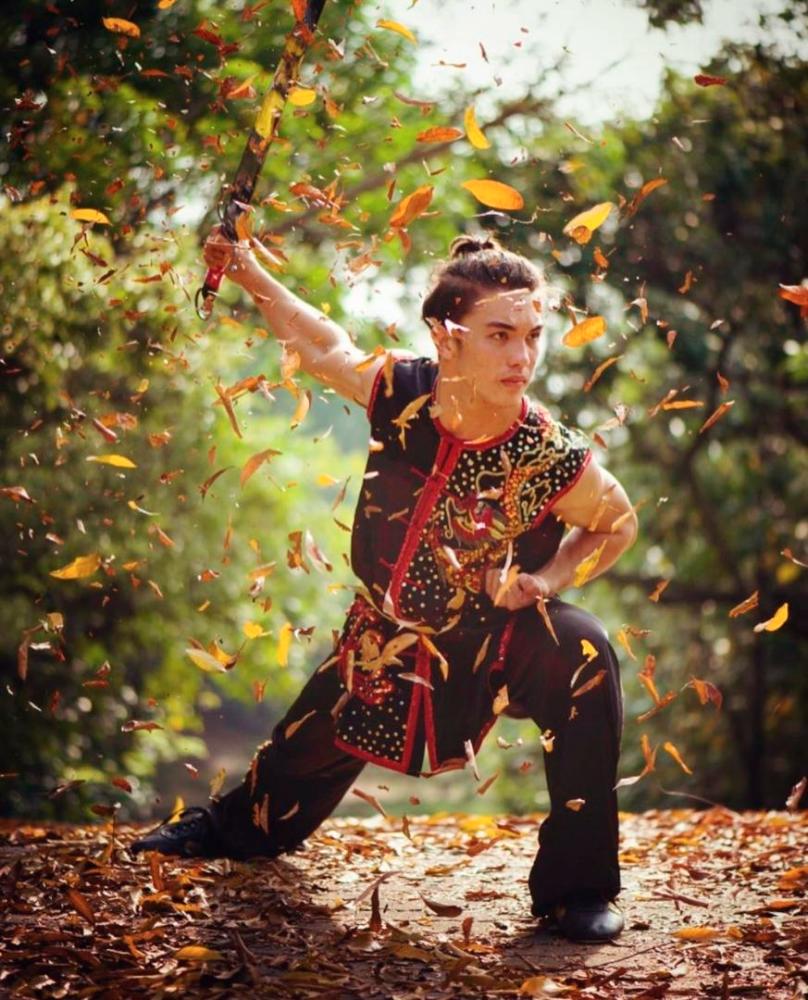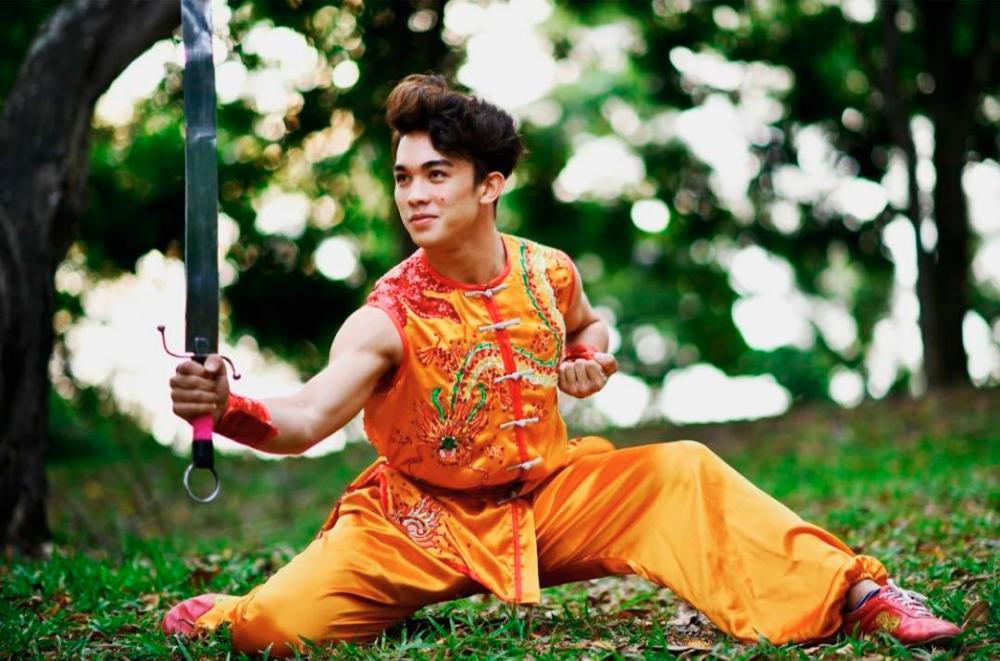THERE are many memorable TikTok videos that have paved the way for Eric Lau Lofstedt. Some kickstarted his athletic career, some inspired him to make videos and others changed his perspective on life. However, one video changed the course of his life.
“I created a video on my first day of university and it went viral. The video has opened doors for me to professionally do videos for big companies, which led me to a career as a content creator. If I had not skipped student orientation to make the video, I would not be where I am today.”
Upon discovering the video-sharing social networking platform at the end of 2018, Lofstedt started posting content of himself performing manoeuvres in a mix of tricking and Wushu, and was named “Sports Influencer” by TikTok in the first month.
“I believe TikTok is a newer version of Vine and having missed the opportunity of joining Vine earlier on, I knew I had to give TikTok a go.
“The culture of content creation will continue to change and adapt drastically in the coming years and it is very possible that something new will supersede TikTok. For now, my goal is simply to be the kindest and most influential creator in Malaysia,” he said.
Having trained in Wushu for more than a decade, what drew you to it?
Martial arts is an expression. It’s beautiful, profound and requires so much grit and dedication. Your movements come out best when you fully understand the arts and its movements, and you become better as you progress.
Wushu requires a significant amount of physical strength and flexibility, it teaches you to adapt and push through. In order to go forward, your mind has to be stronger than your body.
Personally, I have learnt so much about my attitude and habits just from training. Wushu resonates with the inner warrior in me, and whenever I compete and perform this form of martial arts, I just feel alive.
You incorporate martial arts and parkour tricks in your videos.
I like mixing in traditions from Wushu and Taekwondo with the urban expression of tricking, parkour and free-running. Oftentimes, I mix them up just to try out something new. There is a sense of beauty in the transitioning flow of movements combined. I also believe we should always differentiate traditional martial arts with urban ones to maintain the profoundness of real art.
Fads and trends come and go in the social media landscape. Are you always on the lookout for the next best thing?
I make sure to consistently create my content and at the same time, do my best to adapt and incorporate what I can create to fit with the trends. On TikTok, trends really are a medium where you can get your message across. It would not hurt to jump on the bandwagon when you have the opportunity to create something new.
What is the local TikTok community like?
It is generally a super open-minded, kind and supportive community. There were fewer than 10 proper “TikTok influencers” when I first joined. I had the opportunity to gather a great number of amazing creators to start our own little community, so we can get to know one another and be part of something bigger. We call ourselves Cliquebait.
Today, the community has grown much bigger. But of course, there would be some “garden weeds” but at least for me, I see the vast majority of creators as having a positive attitude, and that is all that matters.
As a content creator, do sponsored posts restrict your creativity versus regular posts?
They definitely do, but that is what happens when you collaborate with big brands. Both parties have to be aligned to create content that both would approve. Although from my experience, I’m able to express my creativity to some extent when executing sponsored posts.
If you generally post more of your own content and portray your true self, then there is no harm doing one or two sponsored posts in between. I mean, we have to put food on our table right?
If you’re a true fan, I believe you should understand that this is what we have to do, because you make us happen, and we’re grateful for it.
What should brands know before approaching content creators to work with?
Understand your creators more, in terms of what we can provide and vice-versa before finalising on the content direction.
Brands should also understand the platforms’ culture, trust us and allow us more creative freedom. Just as they are experienced in creating marketing campaigns, content creators know very well what will or will not work on social media.
Brands should treat us as actual creators and respect our work. Established content creators on Instagram are treated professionally by brands but that’s not always the case with TikTok. I would be lying to say I have not seen instances where clients undermine our work and treat us as amateurs.



